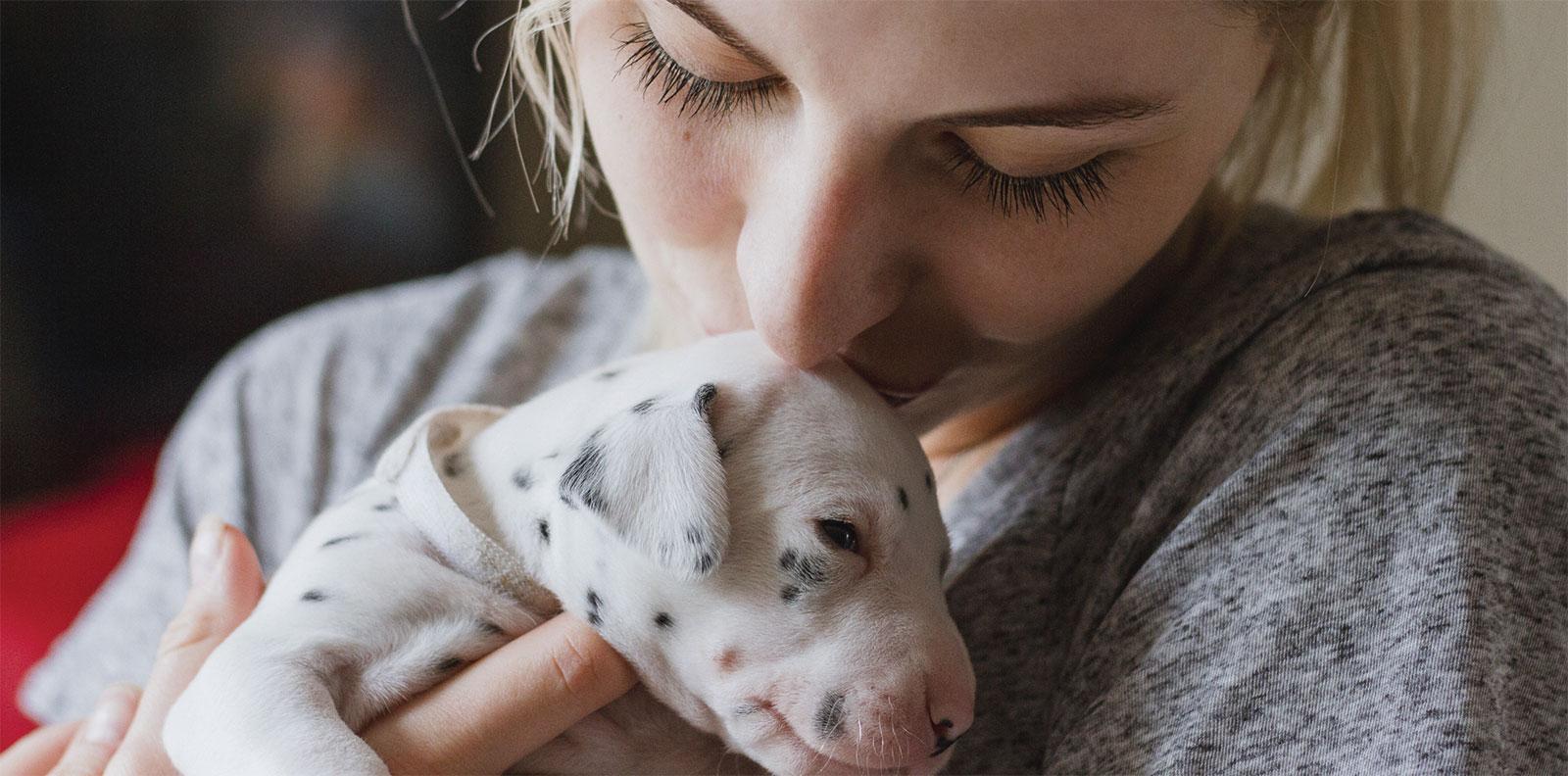Fleas and ticks
Fleas
Fleas
Fleas commonly cause itching, skin disease and allergic reactions in pups. What's more, they can be challenging to diagnose, as a puppy with flea allergy dermatitis may never actually be seen with fleas! That's why flea treatments should be given every month of the year to prevent and control flea infestations effectively. Please consult our veterinary team for the best advice on flea prevention for your puppy.
Fleas commonly cause itching, skin disease and allergic reactions in pups. What's more, they can be challenging to diagnose, as a puppy with flea allergy dermatitis may never actually be seen with fleas! That's why flea treatments should be given every month of the year to prevent and control flea infestations effectively.
Ticks
There are several types of ticks in Australia, with varying degrees of risk – from the nuisance bush tick to the deadly paralysis tick. Paralysis ticks are a common parasite for those living near the eastern seaboard of Australia. They can result in symptoms such as breathing diffculty, weakness, paralysis of the legs and vomiting.

 Paralysis tick
Paralysis tick
 Cattle tick
Cattle tick
 Bush tick
Bush tick
 Brown dog tick
Brown dog tick
Tick prevention products include:
- Oral chews
- Spot-on products
- Tick collars
- Sprays
- Rinses
Our team are happy to advise the best preventative for your puppy. Importantly, even when you apply a prevention product, you should check your puppy for ticks during tick season. Simply run your fingertips over the skin, checking for lumps. Most ticks reside on the head, neck, and ears, but you should take the time to check the entire body. Please discuss the most suitable product for your pup with our veterinary team.




Intestinal Worms
Another parasite you need to protect your new pup from are intestinal worms. Intestinal worms live in the intestines and feed on the nutrients that the puppy consumes. If left untreated, they can cause a wide range of health problems, from malnutrition to anaemia and even death. The most common way puppies become infected is by ingesting the eggs of the parasites, which can be found in contaminated soil, faeces, and other sources.
To protect your puppy from these parasites, regular deworming treatments should be provided.
Intestinal worms are parasites that live in the intestines and feed off the nutrients thatthe puppy consumes. If left untreated, these parasites can cause a wide range of health problems, from malnutrition to anaemia and even death. The most common way for puppies to become infected is by ingesting the eggs of the parasites, which can be found in contaminated soil, faeces, and other sources.
To protect your puppy regular worming treatments should be provided. Following the below worming protocol will keep your puppy free from intestinal worms:
You should deworm your puppy regularly:
- every 2 weeks until 12 weeks of age
- then once a month until 6 months of age,
- And every 3−6 months for life (more often when they're around young children)
Heart Worms
Heartworms are parasites transmitted by mosquitoes that live in the heart and lungs of pets and can cause serious damage to their health, and often death. Heartworm prevention is the best way to ensure your puppy stays healthy and free from these parasites.
An annual heartworm injection is the most reliable way to protect your puppy from heartworm as it doesn't rely on you remembering to treat them monthly. This can be given from as early as twelve weeks of age. Monthly heartworm medications are also available, however, this is best discussed with your vet as it can be fatal to administer a treatment when there is an active heartworm infestation.
Heartworm protection is recommended in most areas of Australia, however, Tasmania is considered low risk. Please check with your vet, whether heartworm protection is recommended for your pet.
 Member Advantage
Member Advantage
You can purchase parasite treatments next time you come into our clinic. Plus, Best for Pet members get 10% offBest for Pet members get 10% off parasite prevention.

We're here to help
If you have any questions about anything regarding your puppy, get in touch with us today, or bring them in for a check-up (we love meeting new puppies!)







